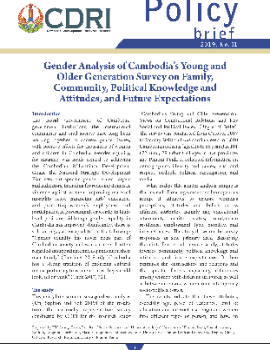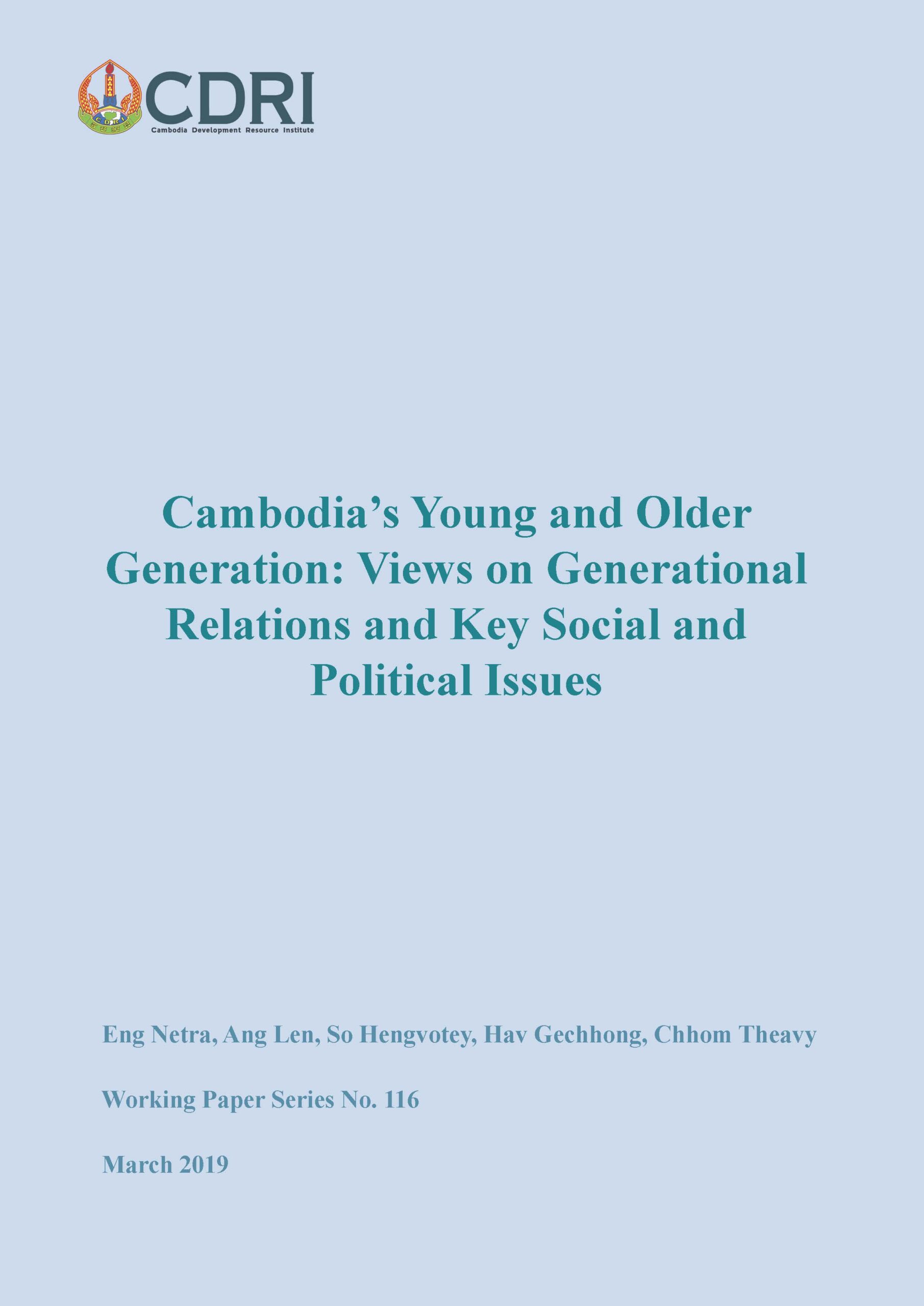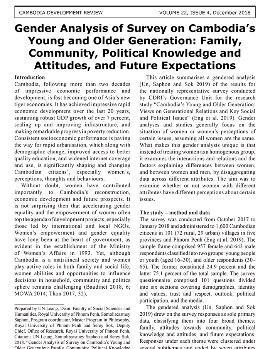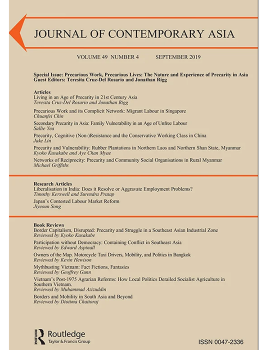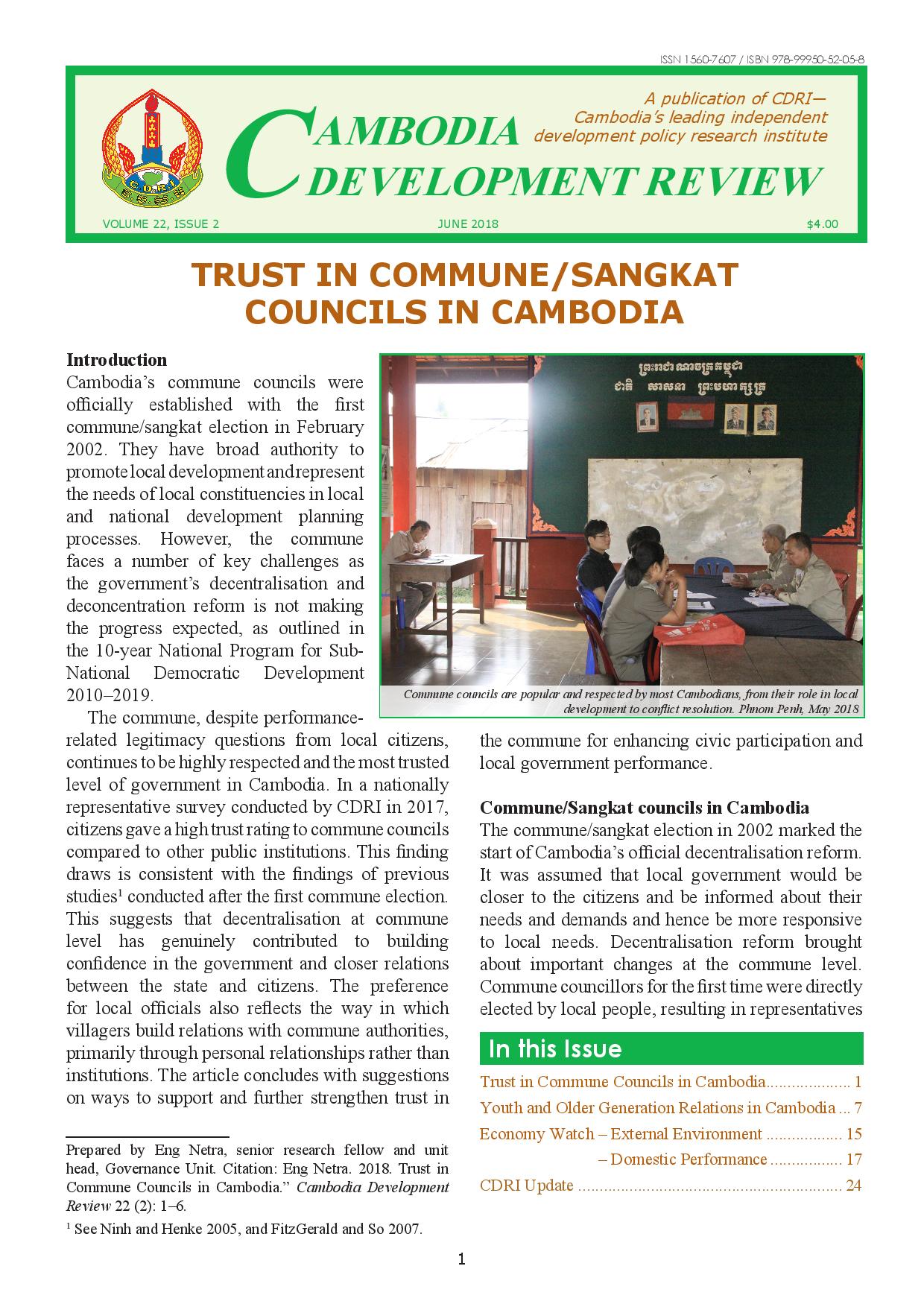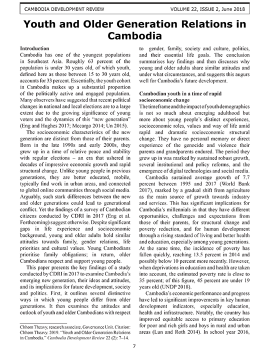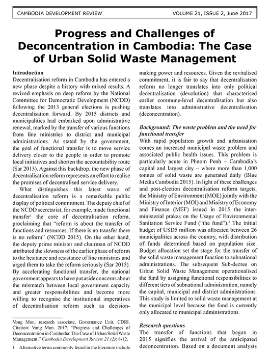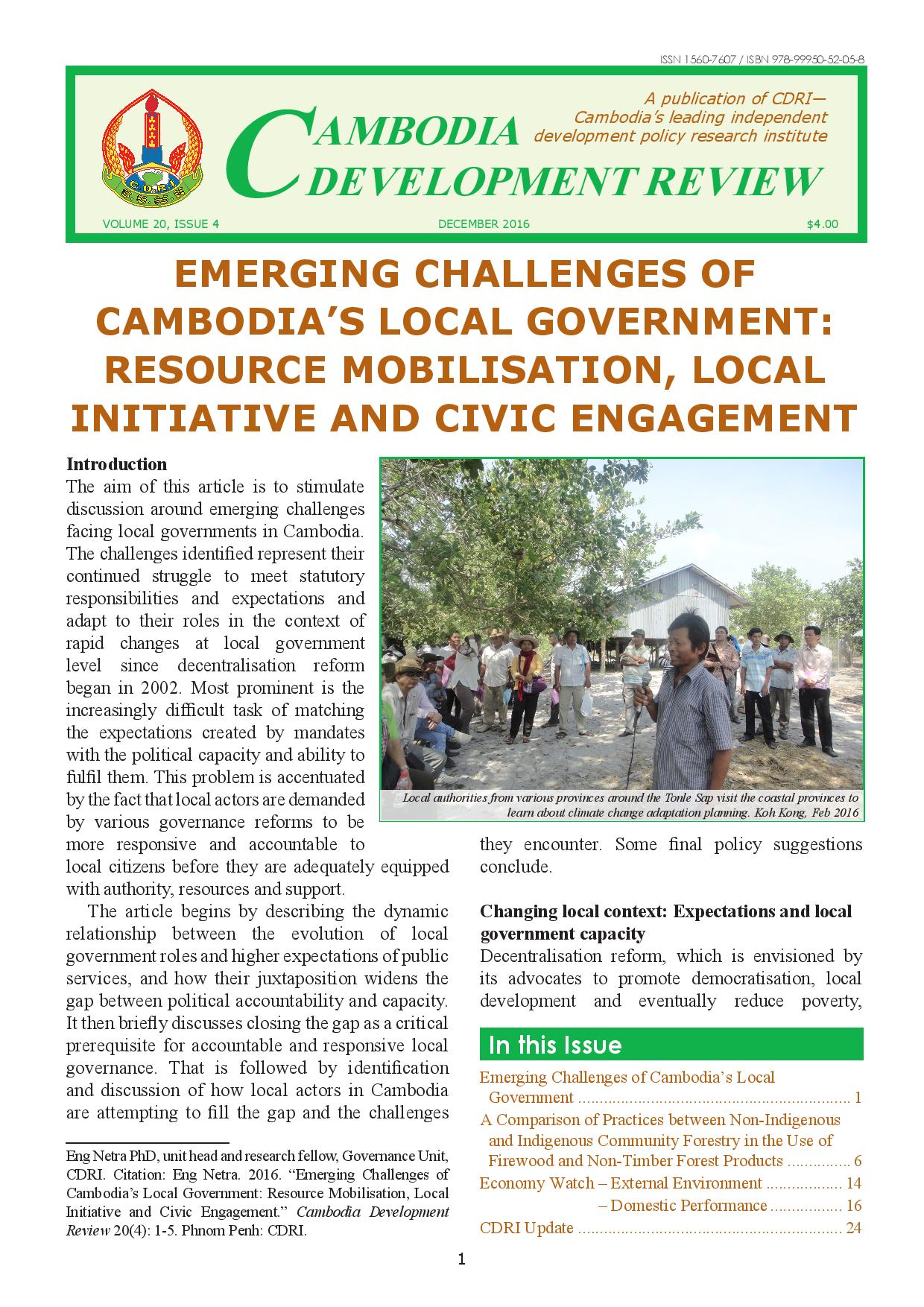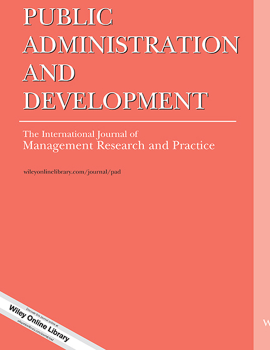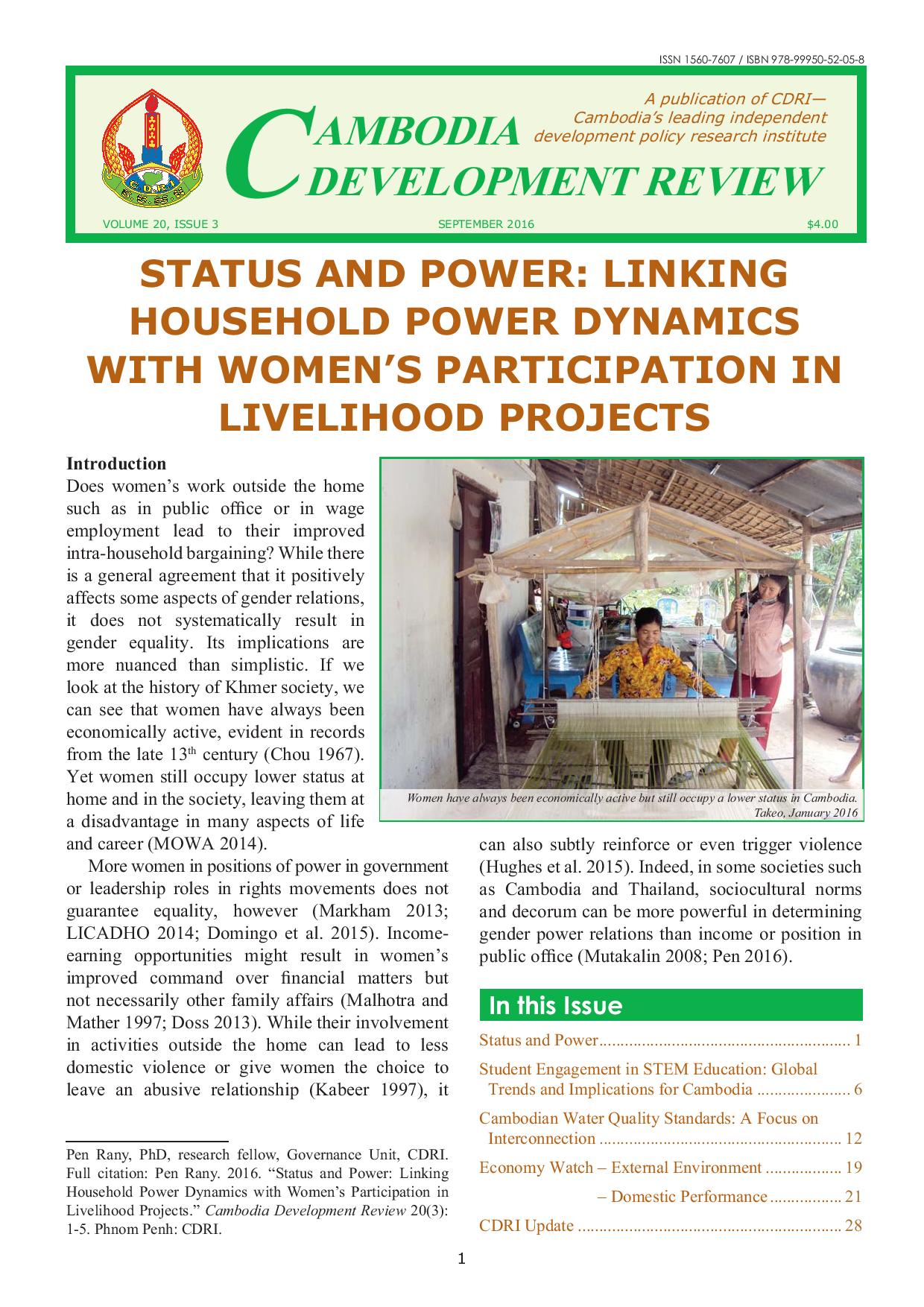Cambodia’s Young and Older Generation: Views on Generational Relations and Key Social and Political Issues
Youth make up one-third of the Cambodian population. This generation was born after the Khmer Rouge years and has grown up with the idea of regular competitive elections in a multi-party system. The youth cohort forms an increasingly significant proportion of the national electorate. This report analyses the results from a nationally representative survey of Cambodian citizens’ family and community relations, political attitudes, priorities and future expectations. It aims to examine Cambodia’s emerging young generation and its implications for future […]
Facebook, Contestation and Poor People’s Politics: Spanning the Urban–Rural Divide in Cambodia?
Rural internet use, although still limited, is growing, raising the question of how rural people are using social media politically. As a vehicle of communication that permits the rapid transmission of information, images and text across space and connections between dispersed networks of individuals, does technological advance in rural areas presage significant political transformations? This article investigates this question in the light of a poor result for the Cambodian People’s Party in the 2013 elections, and the subsequent banning of […]
Coming of Age in Peace, Prosperity, and Connectivity: Cambodia’s Young Electorate and Its Impact on the Ruling Party’s Political Strategies
Cambodia’s youthful population is significantly responsible for a recent unexpected decline in the popularity of the Cambodian People’s Party, which has governed since the end of the Khmer Rouge regime. This increasingly young electorate has lived through an era of peace and openness with regular multi-party elections and impressive economic growth resulting in rapid structural change in the economy. Compared to their parents’ generation, this younger generation is better educated, highly mobile, aspires to salaried employment, and is well connected […]
Decentralization in Cambodia: New Wine in Old Bottles
The usual arguments for decentralization by its advocates are that it can achieve accountability, transparency, participation and democracy. In reaching these goals, however, proponents of decentralization reform have articulated concerns about whether government officials have sufficient capacity to implement decentralization policies, particularly at local level. This article asserts that in Cambodia, where decentralization has unfolded gradually since its adoption some 15 years ago, lack of capacity is not the main problem. Decentralization is designed and implemented as part of the ruling […]

